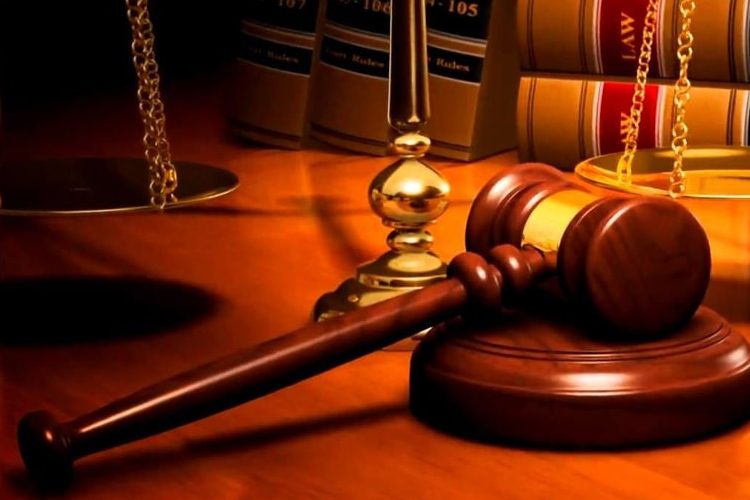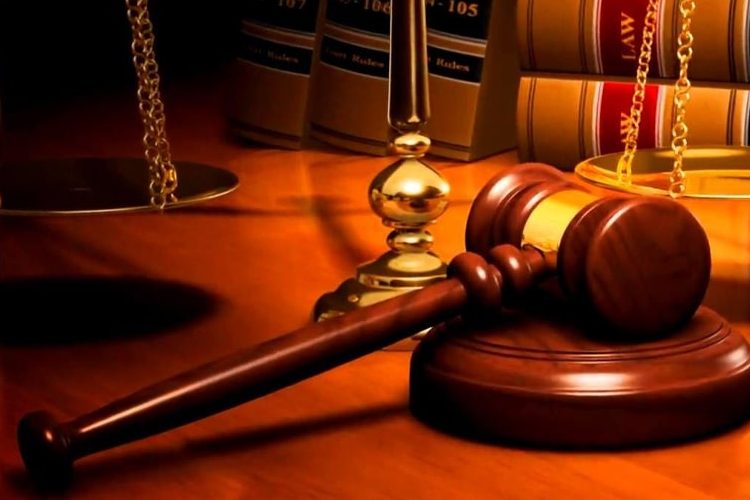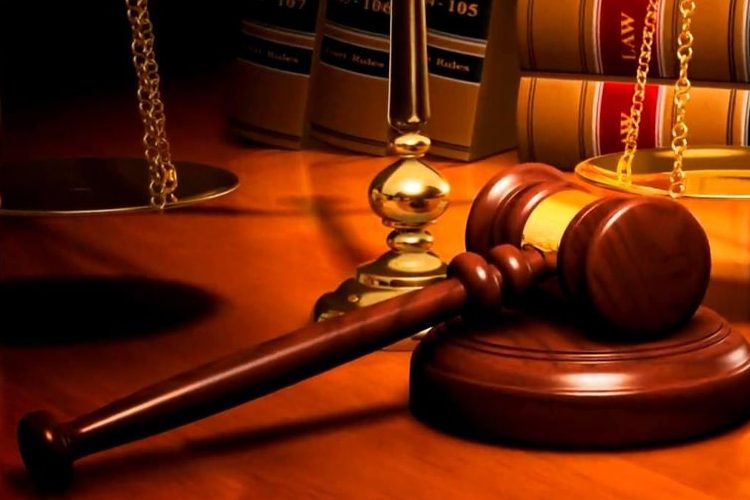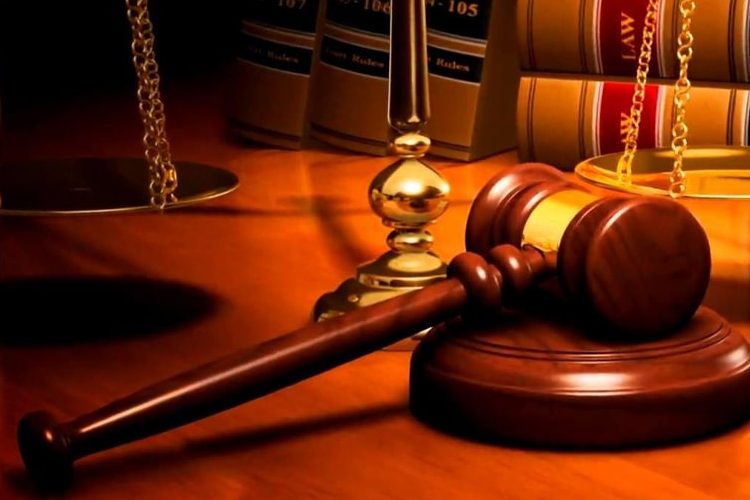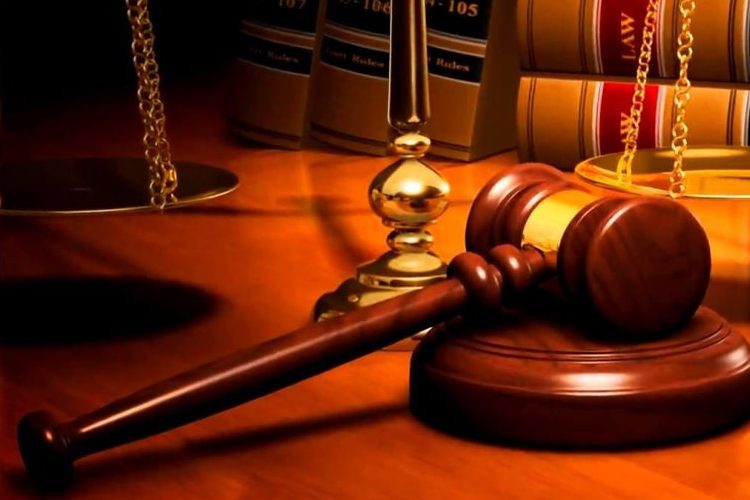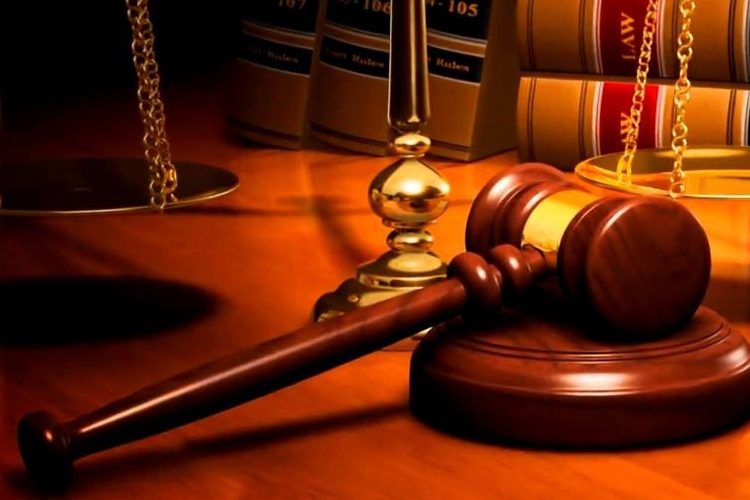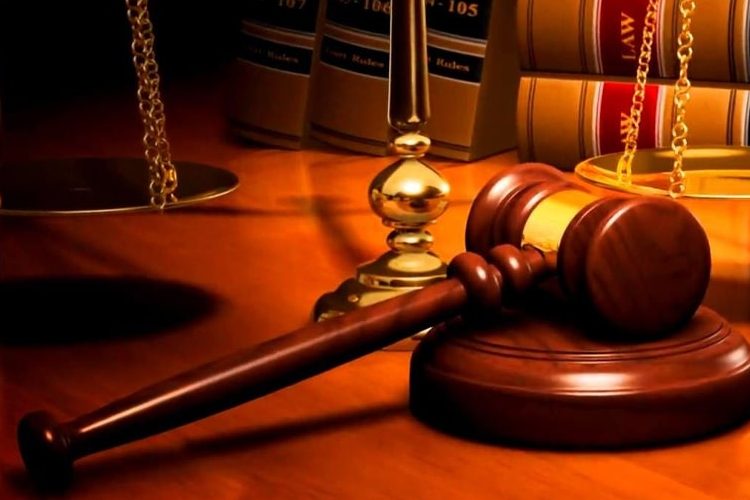
Srinagar Bandh Apada Sangharsh Samiti Anr. V. Alaknanda Hydro Power Co. Ltd Ors.
- 2022-02-17
Court: Supreme Court
Citation: AIR 1996 SC 2715: (1996) 5 SCC 647
Bench: Kuldip Singh, Faizan Uddin, K. Venkataswami
Facts:
The petitioner, Vellore Citizens Welfare Forum, filed a Public Interest Litigation under Article 32 of the Constitution of India. The petition was filed against the excessive pollution caused to the River Palar due to the release of contaminants by the tanneries and other industries in the State of Tamil Nadu. Palar River is the primary source of drinking and bathing water for the surrounding people. Later, the Tamil Nadu Agricultural University Research Centre, Vellore discovered that approximately 35,000 hectares of agricultural land have turned either entirely or partially unsuitable for cultivation. Considering the vital importance of the leather industry to generate revenue for the state and employing thousands of workers, the tanneries and other polluting industries in the State of Tamil Nadu were persuaded for many years to control the pollution generated by them. There was no progress on this front, however.
Issue:
Whether the polluting tanneries and industries are liable to be shut down.
Decision:
The Supreme Court noted that although the leather industry is a major foreign exchange earner for India and provided employment, it does not mean that this industry has the right to destroy the ecology, degrade the environment or create health hazards.
The Court ordered the Central Government to take effective steps to control pollution and protect the environment under Section 3(3) of India’s Environment Protection Act 198623. The Court directed the Central Government to set up an authority to deal with the situation created in the State of Tamil Nadu by tanneries and other polluting industries.
This authority shall implement the precautionary principle and the polluter pays principle and identifies the loss to the ecology/environment; and individuals/families those who have suffered because of the pollution, and then determine the compensation to reverse this environmental damage and compensate those who have suffered from the pollution.
The Collector/District Magistrates shall collect and disburse this money. The Court also ordered the Madras High Court’s ‘Green Bench’ to track the execution of its judgments.

